Education Policy gets a new turn in 34 years
By MYBRANDBOOK

Union Minister Prakash Javdekar has announced the new National Education Policy (NEP), as approved by the union cabinet. The education policy saw a new face in the past 34 years.
The changes in the board structure, which seek to make the exams a test of “core competencies”, will be implemented from the 2021 academic session. The new university entrance test will be implemented for college admissions in the 2022 academic session.NEP aims to provide students with increased flexibility and subjects and there will be no rigid separation between arts and sciences, curricular and extracurricular activities, etc, the government said.
The big push in the school education system is to convert it to a “5+3+3+4” system with three years as pre-schooling. There will be school examinations in Grades 3, 5, and 8 to be conducted by an appropriate authority.
Board exams for Grades 10 and 12 will be “redesigned” and a new National Assessment Centre, Parakh (Performance Assessment, Review, and Analysis of Knowledge for Holistic Development), will be set up as a standard-setting body.
In the new structure, early childhood care and education (ECCE) from age 3 years is also included, and attaining foundational literacy and numeracy by Class 3 has been prioritised with universal foundational literacy and numeracy in primary school by 2025 taken up on a mission mode.
Students will be allowed to take board exams on up to two occasions during any given school year, one main examination and one for improvement, if desired.
Also, board exams will be made “easier” as they will test primarily core capacities and competencies rather than months of coaching/memorisation.
Announcing the reforms, HRD minister Ramesh Pokhriyal and I&B minister Prakash Javadekar said vocational education will start in schools from the sixth grade and will include internships. The policy seeks to emphasise learning in regional language or mother tongue.
“Since most of the learning happens in the mother tongue, we ensure that wherever possible, the medium of instruction until Class 5, but preferably till Class 8 and beyond, will be in home language, mother tongue, regional language. Starting from the foundational stage, children will be exposed to different languages, with a particular emphasis on the mother tongue,” said Pokhriyal.
The reforms look to substantially alter the college education system and replace the University Grants Commission with a new regulator — the Higher Education Commission of India with verticals for regulation, standard-setting, grants and accreditation.
The NEP calls for flexible curricula, creative combinations of subjects, integration of vocational education and multiple entry and exit points at the undergraduate level.
In course of time, colleges will not need to seek affiliations but award degrees themselves. After the master’s degree, there will be no MPhil prior to a PhD.
The policy proposes that Sanskrit be offered at all levels of school and higher education as an important, enriching option for students, including as an option in the three-language formula.

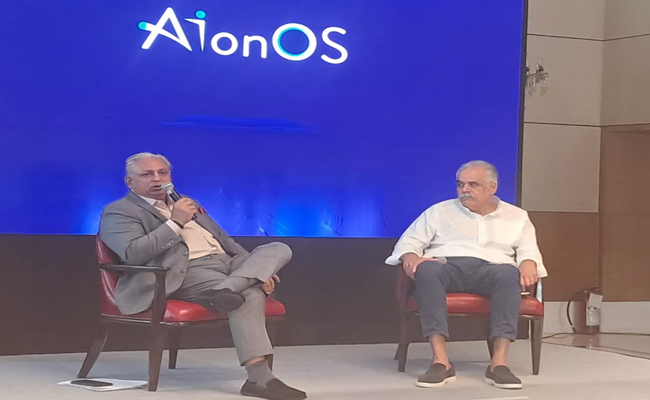
InterGlobe’s Rahul Bhatia and C.P. Gurnani together announce
In a move that is set to transform the AI landscape, Rahul Bhatia, Group M...
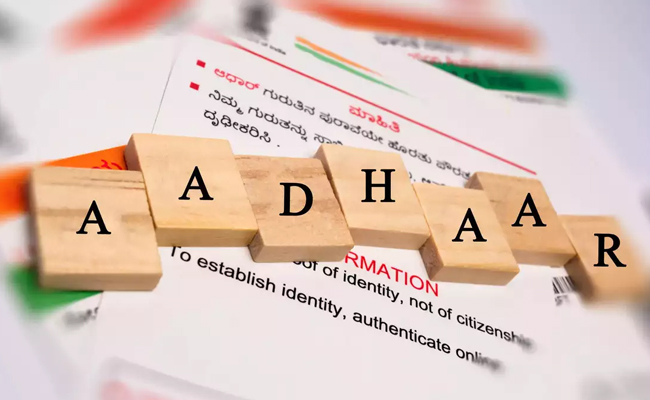
Download masked Aadhaar to improve privacy
Download a masked Aadhaar from UIDAI to improve privacy. Select masking w...

Sterlite Technologies' Rs 145 crore claim against BSNL rejecte
An arbitrator has rejected broadband technology company Sterlite Technolog...
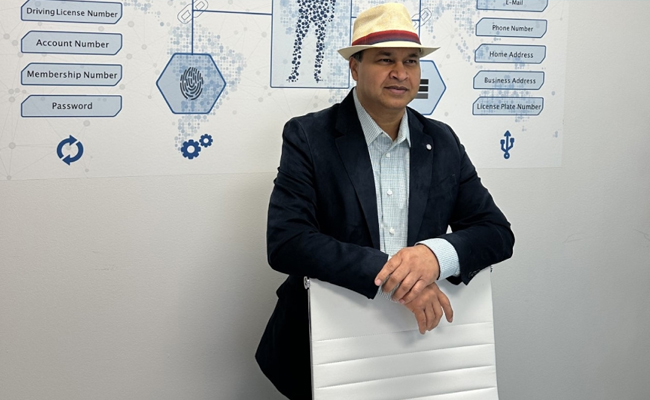
ID-REDACT® ensures full compliance with the DPDP Act for Indi
Data Safeguard India Pvt Ltd, a wholly-owned subsidiary of Data Safeguard ...

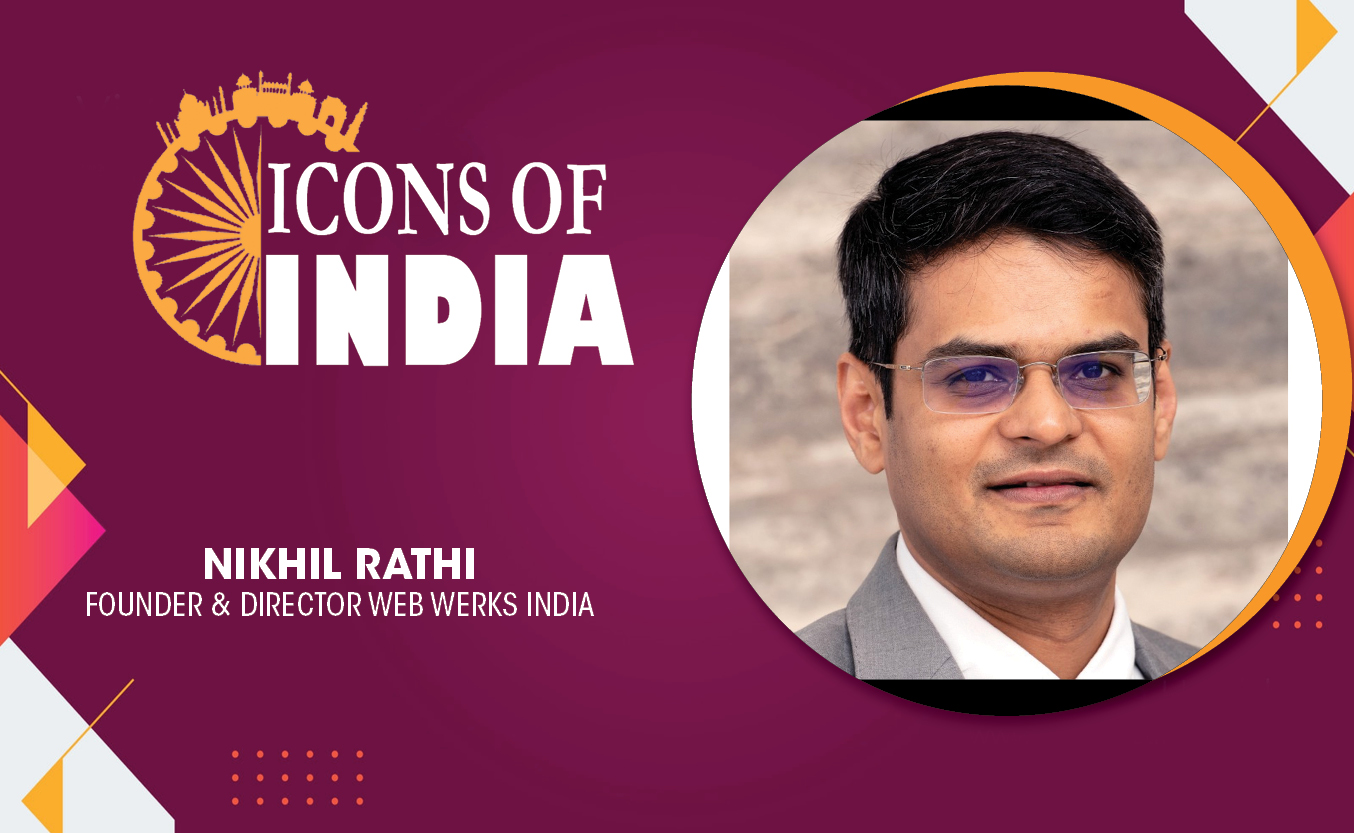
Technology Icons Of India 2023: Nikhil Rathi
Nikhil Rathi, Co-founder & CEO of Web Werks, a global leader in Data C...
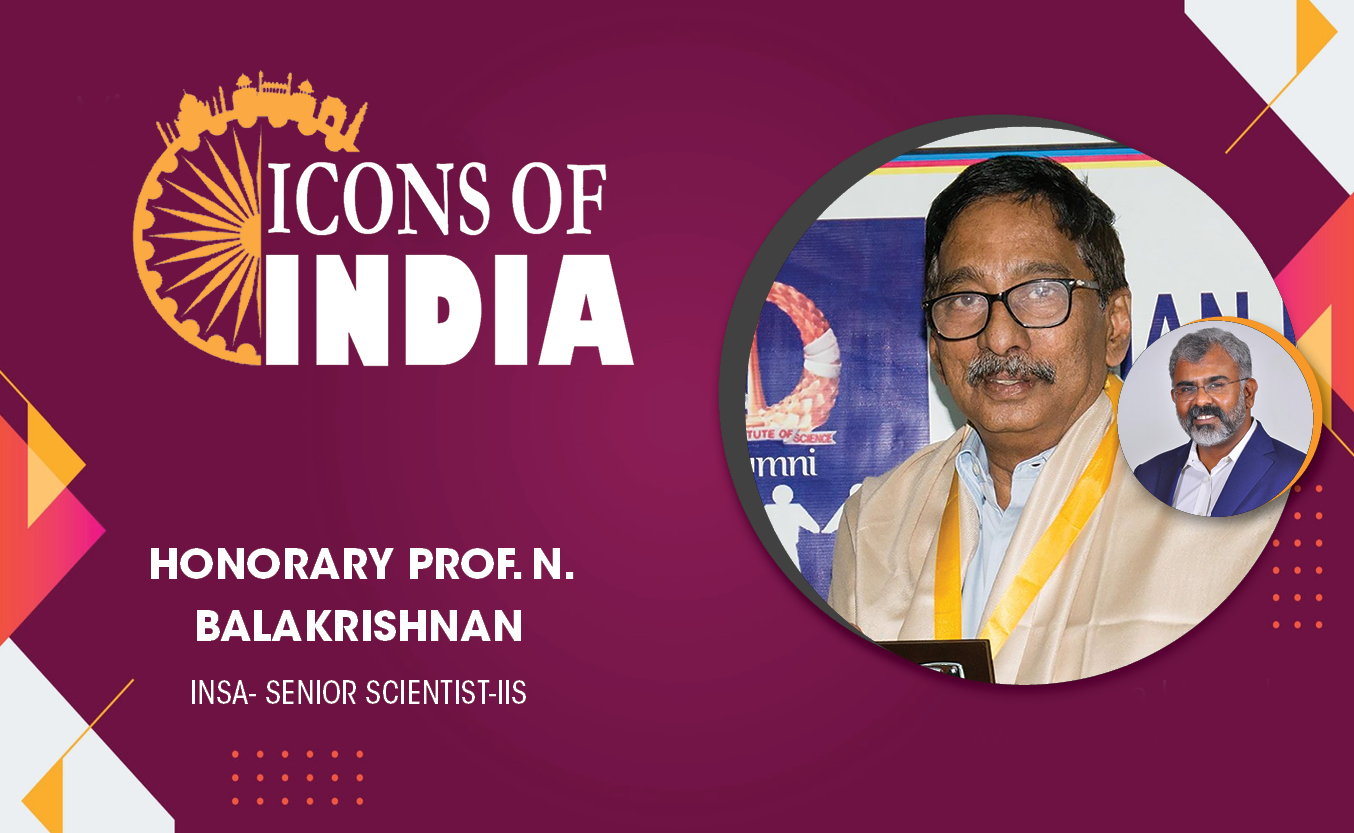
Technology Icons Of India 2023: Honorary Prof. N. Balakrishnan
Prof. N. Balakrishnan is an Indian aerospace and computer scientist. H...
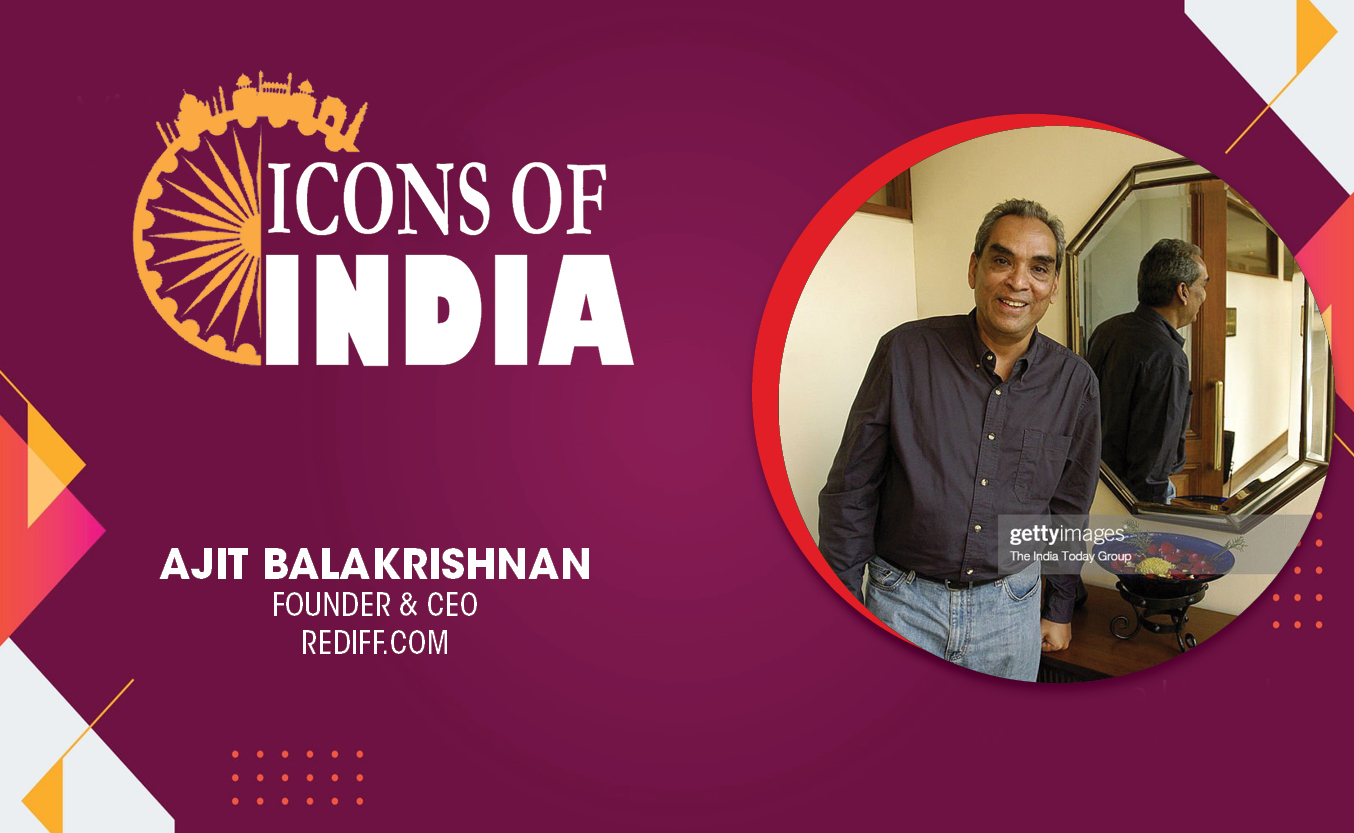
Technology Icons Of India 2023: Ajit Balakrishnan
The Company markets specific channels, community features, local langu...


C-DAC keeps India ahead in IT & Electronics R&D space
Centre for Development of Advanced Computing (C-DAC) is the premier R&...

NPCI leading India towards Digital payments
The National Payments Corporation of India (NPCI) is an initiative tak...
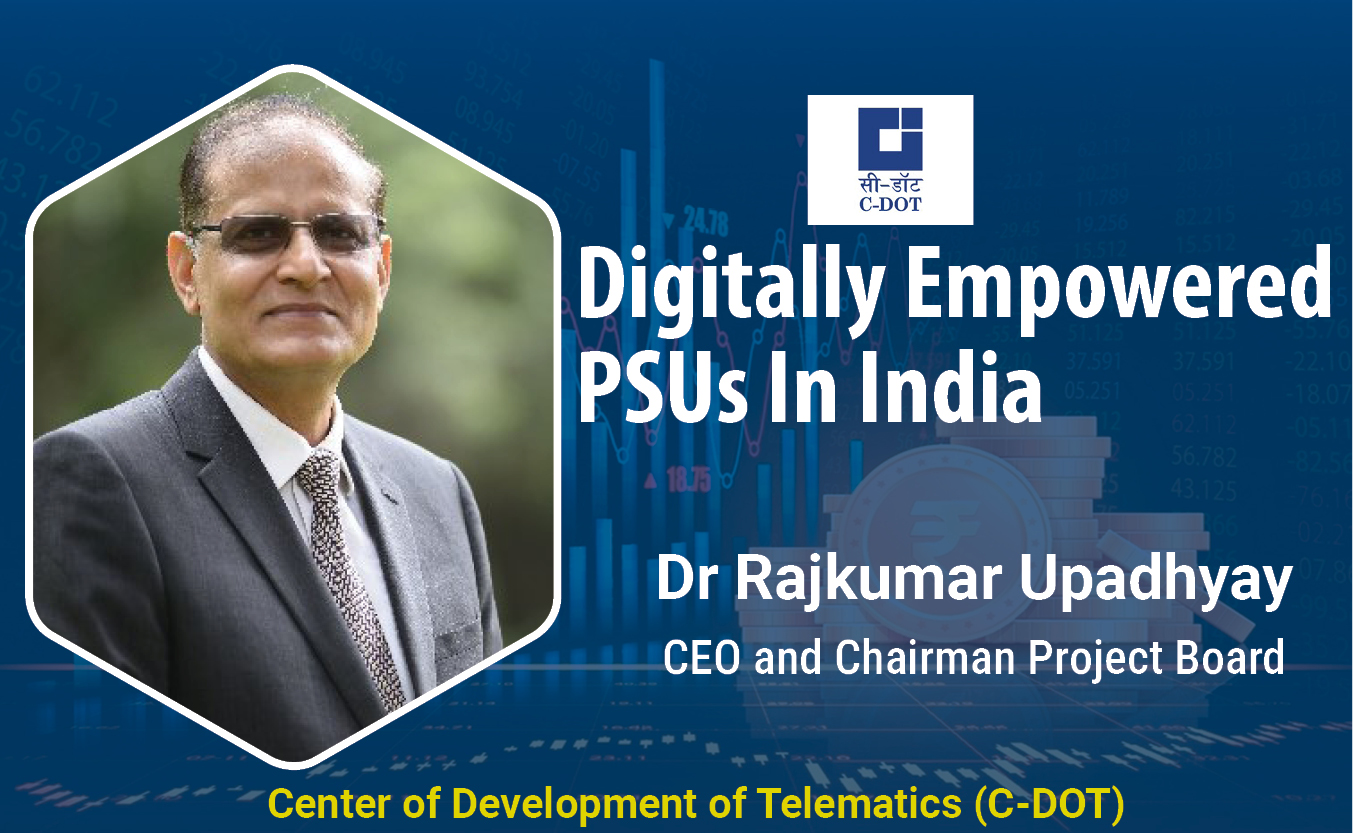
C-DOT enabling India in indigenous design, development and production of telecom technologies
An autonomous telecom R&D centre of Government of India, Center of Dev...


SATCOM INFOTECH PVT. LTD.
Satcom Infotech Pvt. Ltd is a distribution houses in security in India...
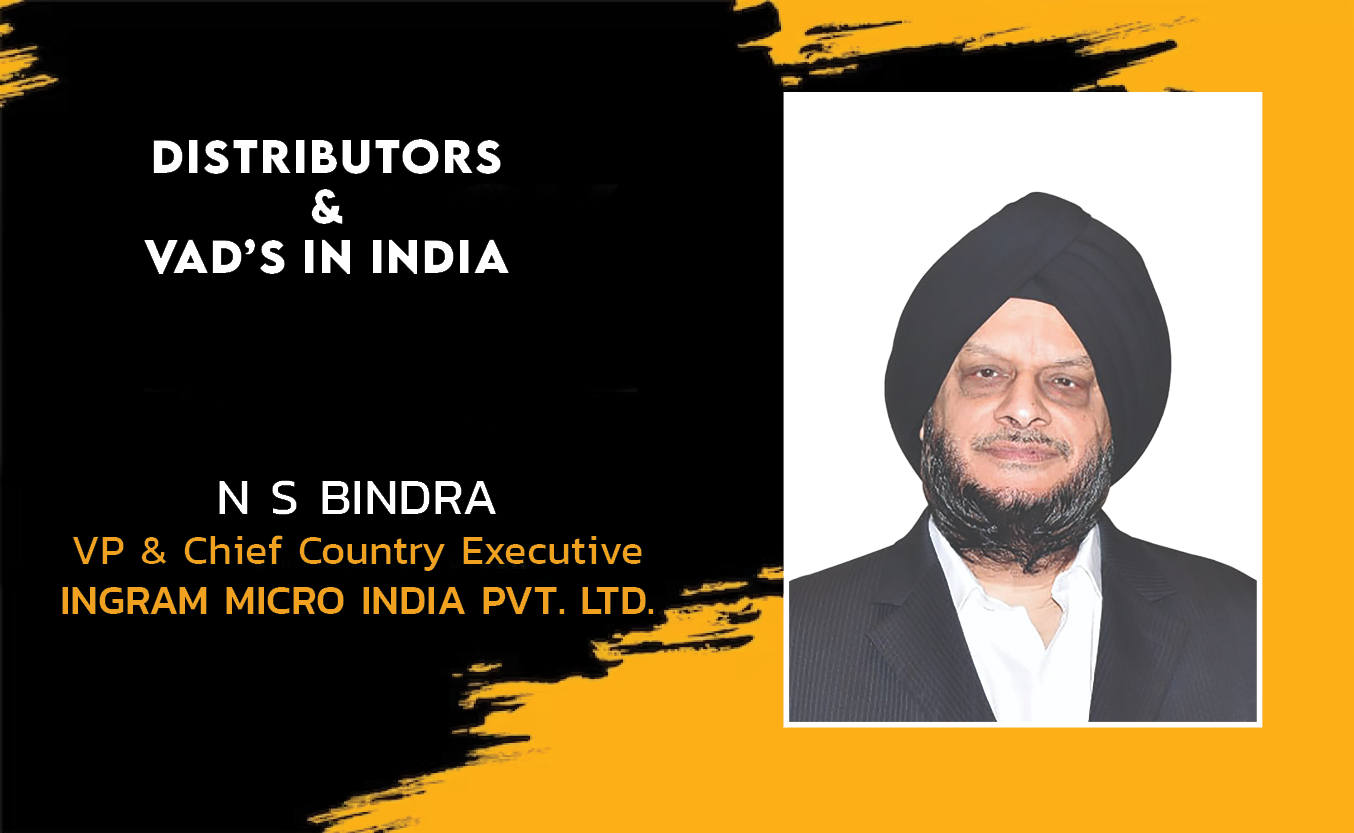
INGRAM MICRO INDIA PVT. LTD.
Ingram Micro India, a large national distributor offers a comprehensiv...

ADITYA INFOTECH LTD.
Aditya Infotech Ltd. (AIL) – the technology arm of Aditya Group, is ...